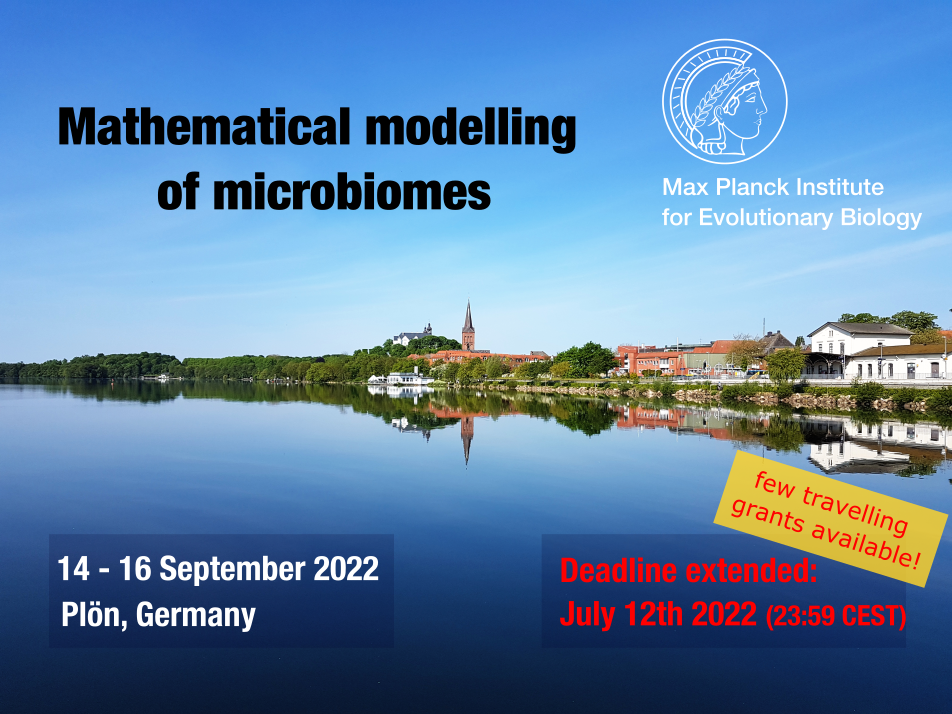Speaker
Description
Authors: Thibaut Morel-Journel, François Blanquart
Despite the extensive literature on the epidemiology, pathogenesis and virulence of Escherichia coli, much less is known about the ecological interactions between non-pathogenic strains within the gut microbiome. In general, strains are considered in terms of `residency', i.e. the ability of certain strains, once established, to remain part of the microbiome for very long periods. However, recent studies indicate that the stability of microbiome composition observed at a high taxonomic level may not hold true when looking at the strain level, and that stability is at least partially dependent on genetic background. Furthermore, the ability of different strains to colonise new hosts has not been measured. Using data from longitudinal sampling of 8 healthy patients over periods ranging from 250 to 850 days, we assessed the residency time and colonisation ability of 9 different E. coli phylogroups. These analyses support the existence of a trade-off between the two traits. Phylogroups exhibit different strategies on a continuum ranging from frequent colonisation to long residency within the gut. With a model describing colonisation and extinction events in a host population, we identified the conditions under which coexistence is possible between different strains adopting different strategies. These results confirm the existence of complex interactions between the E. coli strains creating a dynamic microbiota composition, while maintaining diversity at the host population level.

